Keywords: Cardinal
There are more than 24 results, only the first 24 are displayed here.
Become a subscriber for more search results.
-
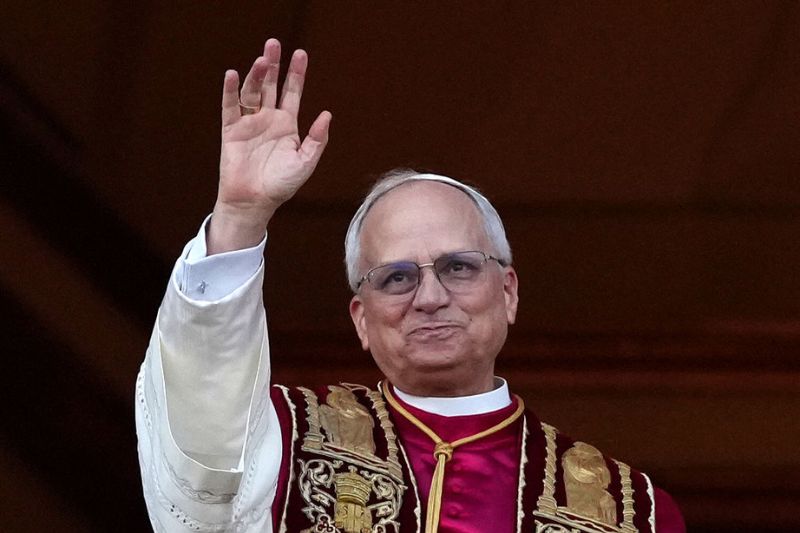
RELIGION
- Michael McVeigh
- 09 May 2025
Pope Leo XIV, the first US-born pontiff, brings a global, socially engaged background and cautious conservatism to the papacy. Fluent in five languages and steeped in canon law, his past hints at reform tempered by tradition. His views on synodality, gender, and justice will shape Catholicism’s next chapter.
READ MORE
-

AUSTRALIA
The 2025 election marked a pause in Australia’s political life. As old policy narratives falter, we have an opportunity to ask ourselves: what kind of society are we trying to build? Across faiths and traditions, the idea of the common good offers a path forward beyond division and drift.
READ MORE
-
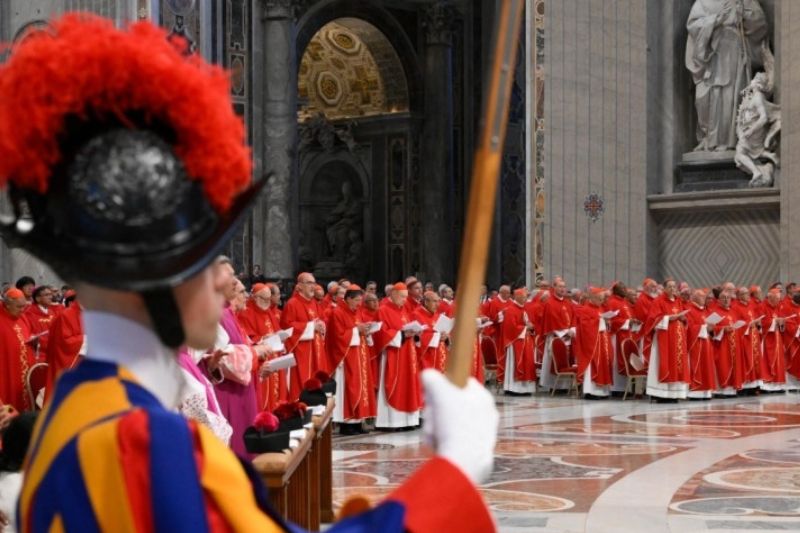
RELIGION
- John Warhurst
- 05 May 2025
As the cardinals prepare to elect a new pope, the centuries-old conclave process proceeds with solemnity and speed. But beneath the tradition lies the question of whether a closed, clerical system still reflects the needs of a diverse, divided, and global Church.
READ MORE
-
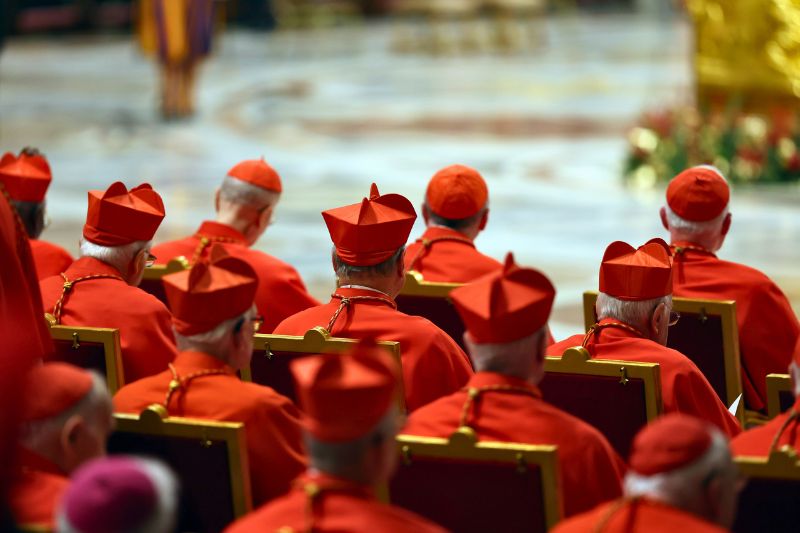
RELIGION
- Miles Pattenden
- 01 May 2025
As cardinals gather in Rome, they must confront declining trust, shifting global power, financial scandals, and unresolved doctrinal divides within the Church. More than a choice of leader, this moment is a reckoning with modernity and the future direction of the Church itself.
READ MORE
-

RELIGION
- Andrew Hamilton
- 01 May 2025
Three elections, three systems, one shared question: what kind of person should lead? As voters and cardinals choose their next leaders, attention turns from policy to personality — to character, courage, and conviction. In an age of division, the qualities that guide a life may yet decide the fate of nations.
READ MORE
-
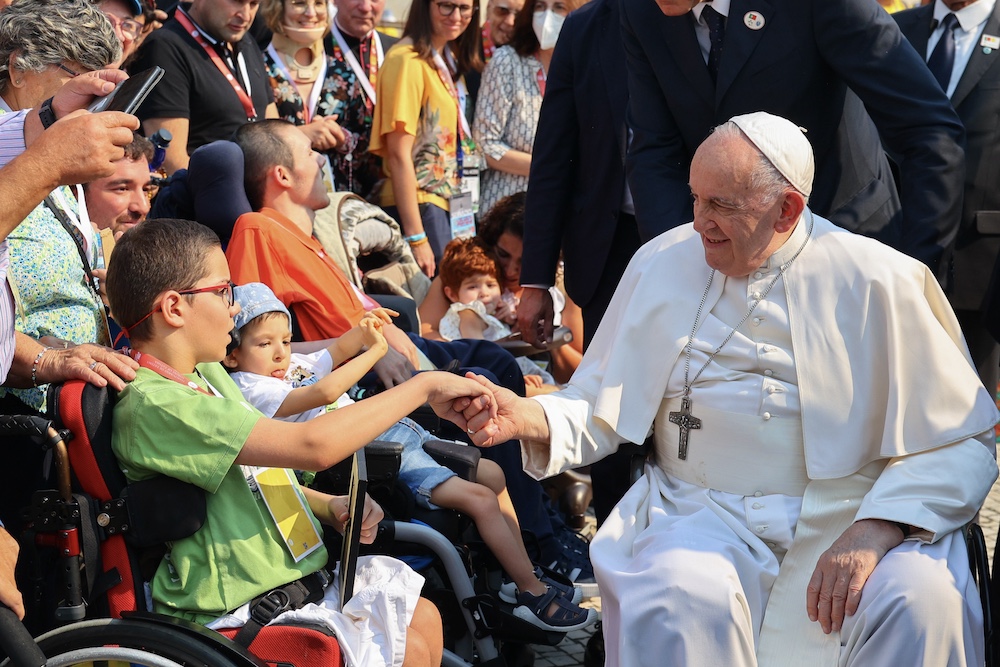
RELIGION
- Frank Brennan
- 23 April 2025
Francis was a pope prepared to blur the edges of doctrine, or at least its application, opening the doors of the Church to all those seeking love, mercy and forgiveness. He never doubted God’s capacity to love and forgive all who sought that love and forgiveness. He maintained the certainty, not of doctrine but of the simple piety of believers.
READ MORE
-
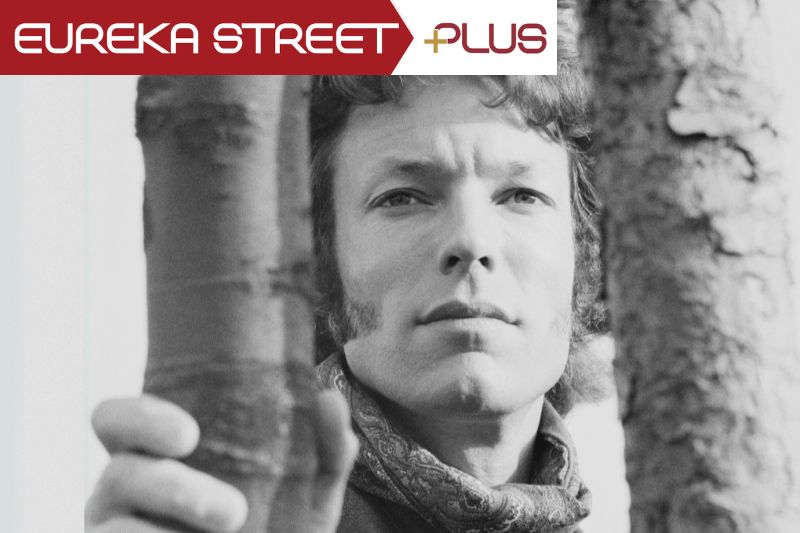
ARTS AND CULTURE
- Peter Craven
- 11 April 2025
Before heartthrobs became brand names, there was Richard Chamberlain. A matinee idol with the soul of a serious actor, he rose to fame as Dr. Kildare, sought after Shakespeare, and stole scenes from Gielgud. His legacy is a portrait of quiet yearning — for love, for truth, for artistic respect.
READ MORE 
-
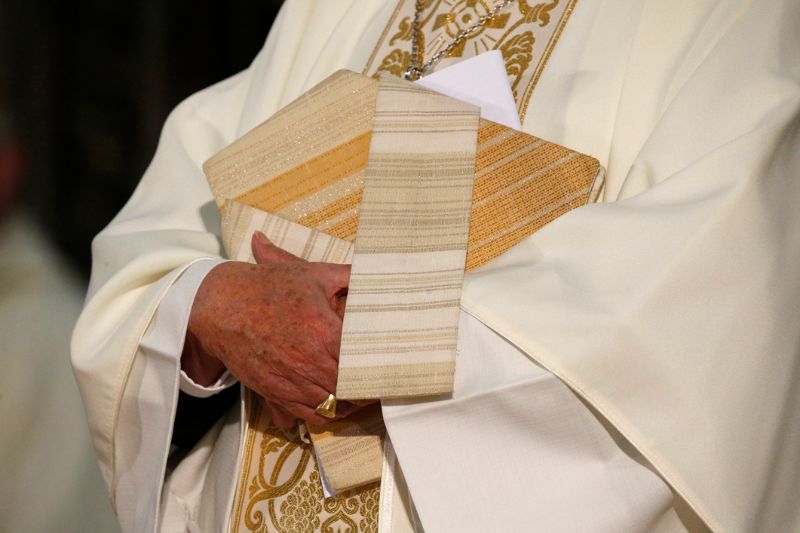
RELIGION
- John Warhurst
- 25 March 2025
As Australia approaches another federal election, the Catholic Church, long ambivalent about democratic politics, prepares to weigh in. Its official statement could play it safe, as in years past — or it could offer a deeper moral vision, confronting the global drift toward division with the quiet radicalism of synodality.
READ MORE
-
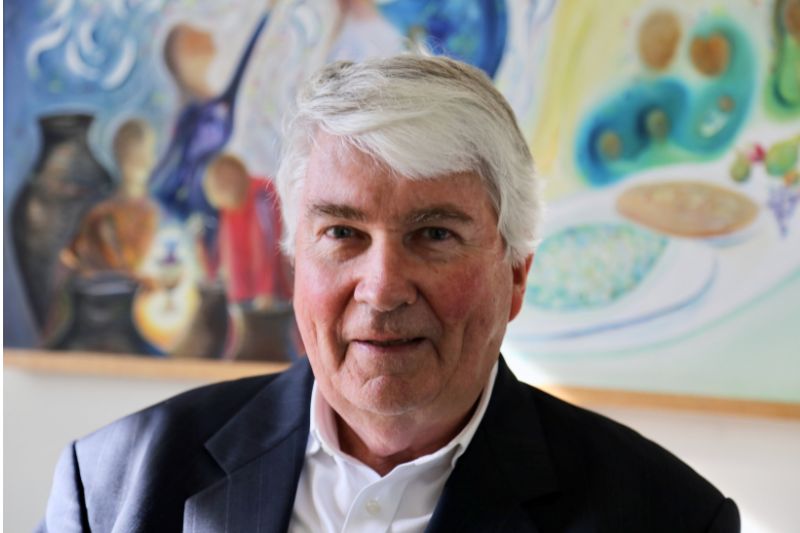
RELIGION
- Jim McDermott
- 13 March 2025
Frank Brennan wears his prominence lightly. A priest, lawyer, and tireless advocate for Indigenous rights and refugees, he is as at home in political corridors as he is at the dinner table, welcoming friends with stories and good cheer. Now, celebrating 50 years as a Jesuit, he reflects on faith, justice, and a life of service.
READ MORE
-
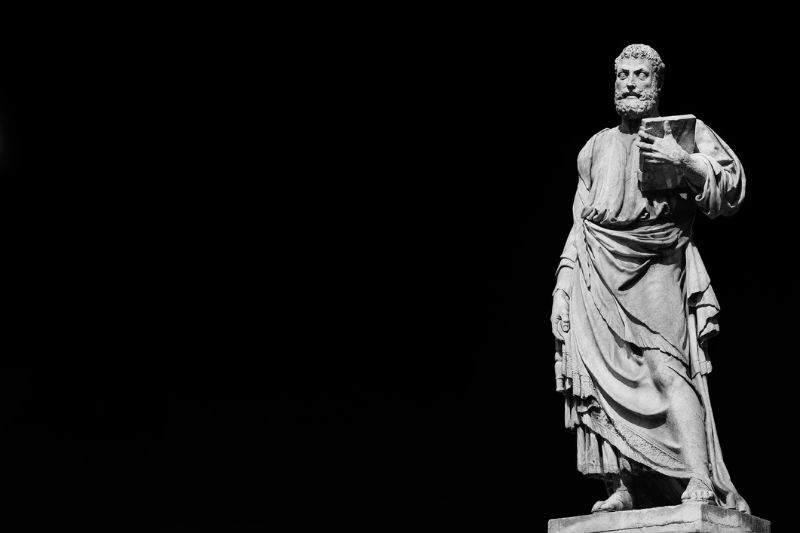
RELIGION
- Constant Mews
- 13 March 2025
The Catholic Church has weathered centuries of crisis, from ancient schisms to modern scandals with each era bringing calls for reform. As Pope Francis reshapes the Church’s leadership, his successor must decide how the papacy will adapt to present and future challenges.
READ MORE
-
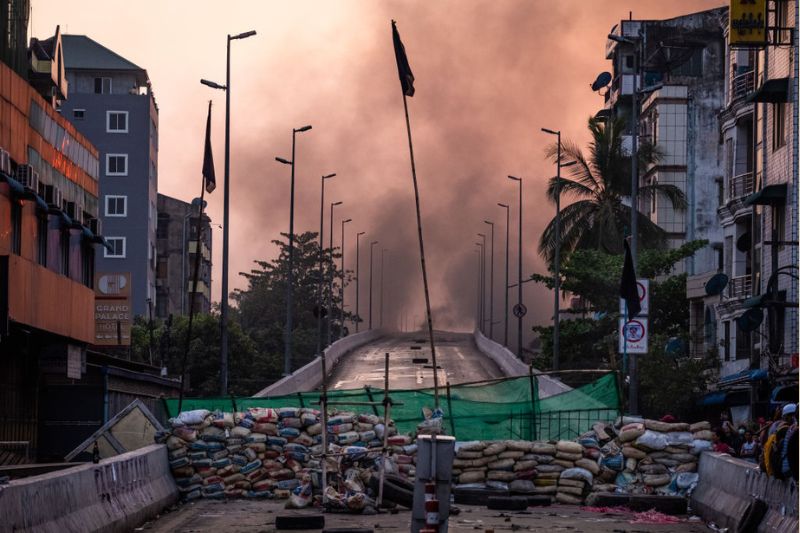
INTERNATIONAL
- Anonymous
- 20 February 2025
Myanmar’s military-led turmoil drives millions from their homes, bombs local communities, and keeps democracy icon Aung San Suu Kyi behind bars. Once a nation of proud heritage and abundant resources, it now teeters on social and economic collapse. Our deep dive examines an enduring crisis and the determination powering an urgent call for change.
READ MORE
-

INTERNATIONAL
- Peter Craven
- 24 January 2025
In a second presidency begun with a spate of brash decrees — annexing Greenland, scrapping birthright citizenship — and forging odd alliances with billionaires, Donald Trump is already defying expectations. How did we reach this unsettling moment, and can America endure it?
READ MORE 